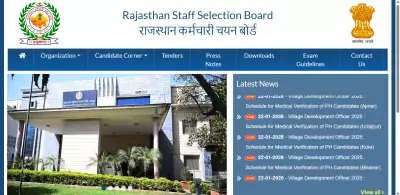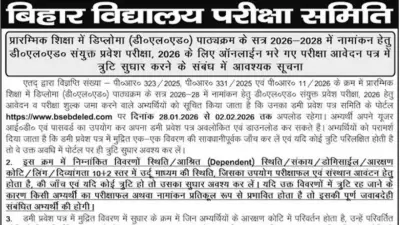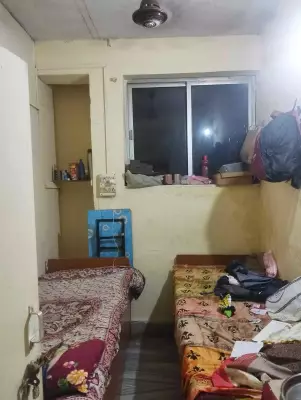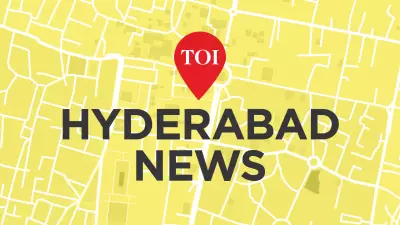
The hallowed corridors of Jawaharlal Nehru University are once again buzzing with political activity as student unions prepare for the upcoming JNUSU elections. The ideological battle lines are clearly drawn, with the Akhil Bharatiya Vidyarthi Parishad (ABVP) squaring off against Left-leaning student organizations in what promises to be a fiercely contested election.
Ideological Divide Takes Center Stage
The upcoming elections highlight the deep ideological chasm that characterizes campus politics at JNU. On one side stands the ABVP, the student wing affiliated with the RSS, while the opposing front comprises Left-oriented unions including the Students' Federation of India (SFI), All India Students' Association (AISA), and the Democratic Students' Federation (DSF).
"This isn't just about student representation anymore," explains a political science student who wished to remain anonymous. "It's become a microcosm of the larger political battle playing out across the country."
Key Issues Dominating the Campaign
Several critical concerns are shaping the election narrative:
- Hostel Facility Expansion: With increasing student enrollment, accommodation remains a pressing issue
- Academic Infrastructure: Demands for improved research facilities and updated curriculum
- Campus Security: Ongoing debates about safety protocols and administrative measures
- Freedom of Expression: Continuing discussions about the space for diverse political viewpoints
Political Strategies and Alliances
The ABVP is campaigning on a platform of "nationalism and development," emphasizing what they call "positive politics" and constructive engagement with the administration. Meanwhile, the Left unions are focusing on what they term as "safeguarding JNU's legacy of dissent" and protecting the university's unique character.
The National Students' Union of India (NSUI), the student wing of the Congress party, finds itself in a challenging position. Traditionally unable to make significant inroads in JNU's political landscape, the organization is attempting to position itself as a viable alternative to both the ABVP and Left fronts.
Historical Context and Current Dynamics
JNU has long been known as a bastion of Left-leaning politics, but recent years have seen the ABVP make significant gains. The current election comes at a crucial juncture, with both sides aware that the results could signal shifting political trends within one of India's most politically conscious campuses.
Campaign materials, posters, and heated debates have already begun appearing across the campus, indicating the high stakes involved. Both sides are mobilizing their supporters, organizing meetings, and fine-tuning their campaign strategies as polling day approaches.
The outcome of these elections will not only determine student representation but may also offer insights into the evolving political consciousness among India's youth. As one professor noted, "JNU elections have always been a weathervane for broader political trends. This year is no different."





